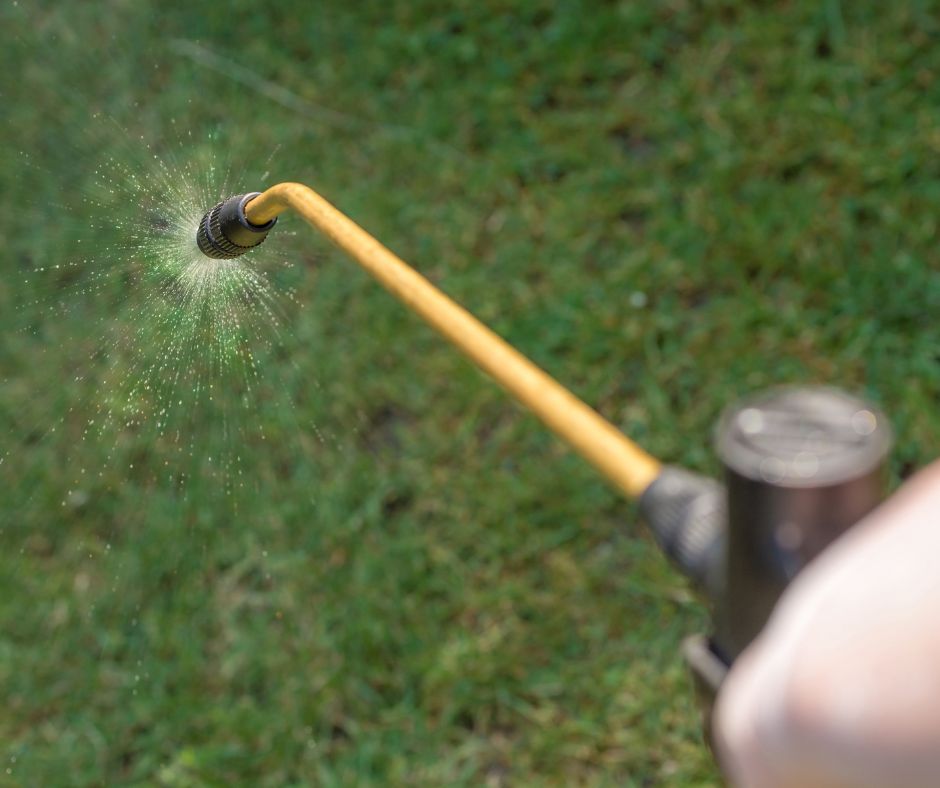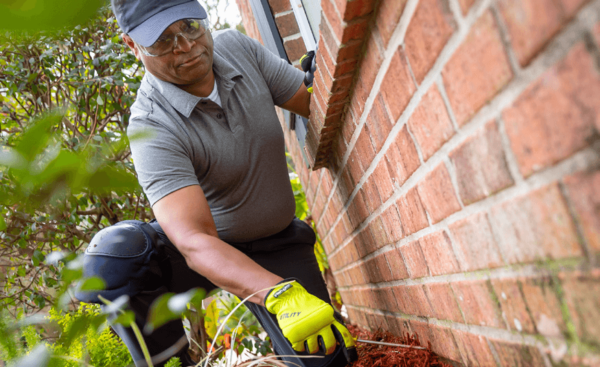Expert Rodent Control Port Charlotte to Avoid Damage to Your House
Learn Concerning the most up to date Advances in Pest Control and Exactly How to Implement Reliable Therapy Solutions
In current years, the field of insect control has actually seen significant improvements, driven by the need for lasting and efficient therapy options. Innovative strategies such as Integrated Insect Management (IPM) combine green techniques with innovative modern technology, boosting both efficacy and ecological obligation.
Eco-Friendly Insect Control Options
In recent times, the demand for environmentally friendly parasite control choices has actually surged as homeowners and organizations alike seek sustainable alternatives to conventional chemical therapies. This shift is driven by growing environmental understanding and a wish to reduce the health and wellness dangers connected with artificial chemicals.

Green parasite control approaches incorporate a range of techniques that prioritize using all-natural substances and methods. Integrated Pest Monitoring (IPM) is one such technique, incorporating biological, social, and mechanical techniques to take care of bug populaces while minimizing dependence on chemicals (Wildlife removal services). This all natural approach stresses prevention through environment adjustment and the intro of all-natural killers, therefore fostering a well balanced community
One more popular alternative is using organic chemicals acquired from plants, which often tend to be much less hazardous to non-target microorganisms. Products like neem oil and diatomaceous earth have actually obtained grip for their performance in regulating insects while posing very little dangers to human health and the atmosphere.
Furthermore, exemption techniques, such as securing entrance points and preserving sanitation, play an essential duty in environmentally friendly bug monitoring. By adopting these sustainable techniques, companies and individuals can efficiently take care of parasites while advertising a much healthier world for future generations.
Smart Technology in Insect Administration
Technology is reshaping the landscape of pest monitoring, with clever modern technology emerging as an essential pressure in enhancing performance and performance - Wildlife removal services. The combination of Net of Points (IoT) tools, expert system (AI), and information analytics is reinventing just how insect control experts come close to invasions
Smart traps equipped with sensing units can identify bug activity in real-time, sending out instant notifies to operators. This permits prompt responses, decreasing damages and minimizing the need for substantial treatments. Additionally, AI algorithms analyze historic data to forecast pest habits, making it possible for proactive treatments based upon ecological problems and infestation patterns.
Drones and automated vehicles are also playing a considerable function in parasite management, offering airborne assessments of huge locations, determining hotspots, and even distributing targeted treatments. These modern technologies not just improve operations yet also enhance safety by limiting human direct exposure to possibly hazardous chemicals.
Moreover, mobile applications equip customers to monitor parasite task and access expert advice, promoting a collaborative method to pest administration. On the whole, the fostering of smart modern technology is setting a brand-new requirement in insect control, highlighting data-driven decisions and sustainable methods that eventually benefit both house owners and professionals alike.
Integrated Bug Administration Approaches
Integrated Pest Administration (IPM) utilizes an all natural technique to pest control, integrating various approaches to successfully take care of parasite populations while reducing threats to human health and the setting. IPM revolves around comprehending the pest life process, their all-natural adversaries, and the ecosystem in which they thrive.
One of the fundamental parts of IPM is keeping track of pest populations through regular assessments and information collection. This enables the recognition of parasite thresholds, identifying when treatment is required. Cultural techniques, such as crop rotation, hygiene, and habitat control, are vital in lowering bug occurrence and advertising plant wellness.
Mechanical controls, including catches and obstacles, are additionally crucial in IPM. These methods can physically remove or hinder parasites without the usage of chemicals. When required, the sensible application of chemical controls is employed, focusing on targeted treatments that lessen environmental influence.
Education and learning this content and partnership among stakeholders, including farmers, parasite control professionals, and the area, are important for the effective implementation of IPM techniques. By focusing on sustainable practices, IPM not just addresses pest concerns however additionally promotes a healthier community.
Biological Control Approaches
Many biological control methods are increasingly acknowledged for their performance in handling parasite populations while advertising environmental balance. These strategies harness natural predators, bloodsuckers, and virus to decrease pest numbers without depending on artificial chemicals. The intro of ladybugs can successfully regulate aphid populations, while nematodes target soil-dwelling bug larvae.
Furthermore, making use of microbial chemicals, such as Bacillus thuringiensis (Bt), gives an eco-friendly alternative for managing caterpillar pests. These items specifically target pest varieties, decreasing damage to valuable bugs and pollinators. Moreover, conservation organic control stresses enhancing environments for all-natural adversaries, such as birds and beneficial pests, consequently encouraging their existence in farming systems.
Study continues to disclose cutting-edge techniques within this area, such as the use of scents to disrupt pest breeding patterns or the growth of biocontrol representatives via genetic engineering. Carrying out these methods can lead to sustainable parasite monitoring techniques that minimize the reliance on chemical treatments, eventually promoting much healthier environments. As understanding of these methods grows, they are becoming essential parts of integrated bug administration (IPM) methods, offering an equilibrium in between reliable bug control and environmental stewardship.
DIY Bug Control Solutions
As home owners look for effective methods to deal with bug issues, DIY bug control services have actually obtained appeal for their availability and cost-effectiveness. These techniques empower people to resolve infestations using conveniently offered products and techniques, usually without the need for professional treatment.

In addition, maintaining appropriate cleanliness and routine evaluations can protect against bug entry and nesting (Wildlife removal services). Simple practices, such as securing fractures, getting rid of food sources, and decluttering, can significantly diminish pest populaces. Catches, both homemade and commercially available, can also supply reliable solutions for surveillance and managing specific bugs like insects or rats

Conclusion
The assimilation of environmentally friendly insect control alternatives, clever technology, and ingenious management approaches provides an extensive technique to reliable parasite management. By embracing Integrated Insect Monitoring (IPM) and using organic control methods, along with DIY solutions, sustainable and accountable parasite control can be accomplished. These developments not just improve the effectiveness of insect administration methods but additionally contribute to a healthier setting. Carrying out these techniques cultivates a well balanced ecosystem while efficiently addressing pest populations.
Green pest control methods encompass a variety of techniques that focus on the use of natural materials and techniques. Integrated Pest Monitoring (IPM) is one such strategy, integrating organic, social, and mechanical strategies to handle parasite populations while reducing reliance on chemicals. As understanding of these methods expands, they are coming to be important components of integrated parasite management (IPM) methods, offering an equilibrium between reliable insect control and ecological stewardship.
The combination of green pest control options, smart innovation, is termite control necessary and ingenious monitoring methods offers a comprehensive approach to reliable bug management. By embracing Integrated Bug Management (IPM) and using organic control techniques, along with Do it yourself options, lasting and responsible insect control can be achieved.